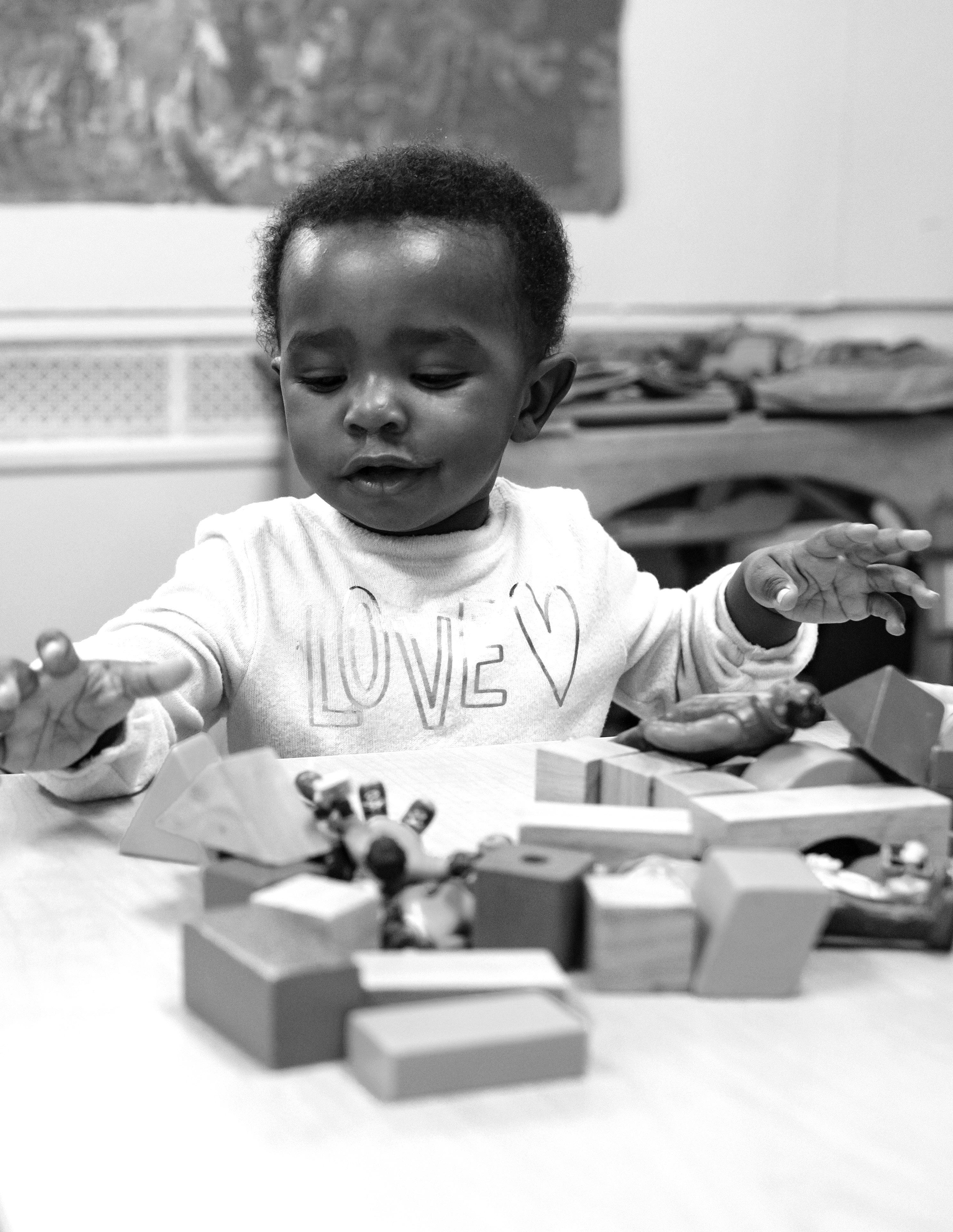
3 minute read
EARLY CHILDHOOD
All courses will meet online for synchronous sessions at the times listed. Courses offered for 6 or more CTLE will also include asynchronous activities, as noted. Directions for accessing the online course will be emailed upon registration.
TEED656N
Constructing a Democratic Classroom: Focus on Routines, Rules, and Transitions (Ages 3–9 Years)
Routines, rules, and transitions may be thought of as providing the framework for the daily life of the classroom. The way in which they are constructed and carried out strongly affects the social, moral, and academic atmosphere in the setting. What does democracy mean in relation to routines, rules, and transitions? How can children have a voice in determining them? The ultimate goal is not simply to create order, but also to encourage the development of both autonomy and a caring community. Topics to be considered are views of the nature of the child, developmental appropriateness, flexibility, the needs of English language learners and children with developmental variations, issues around power and control, the meaning of resistance, and how routines and transitions relate to academic learning and the various curriculum areas, particularly social studies. Teachers will examine and analyze the structures in their own and each others’ classrooms. Instructor: Candace Barriteau Phaire
November 10, 12, 17, and 19*
Tuesdays and Thursdays, 4:00 PM–6:30 PM ET this course, which includes a wide range of easy-to-do scientific
12 CTLE or 1.2 CEU $425/ 1 credit $1,660 Registration Deadline: 11/3 *Additional asynchronous work is required
TEWS826N
Play-based Curriculum in the Early Childhood Classroom (Preschool–Grade 1)
Participants will explore the role of play in a content rich and developmentally appropriate classroom. We will discuss the theory and application of play as a medium for learning in young children, the assessment of behavior and content through play. and the creation of play/learning environments in a variety of educational settings. In addition, participants will learn how to communicate with families to calm their fears and clarify the educational value of play. Participants will leave with strategies and techniques to expand their current play-based curriculum or introduce play-based activities to their traditional setting. Instructor: Soyoung Park
December 8 and 10*
Tuesday and Thursday from 7:00 PM–9:30 PM ET 6 CTLE or .6 CEU / $295 Registration Deadline: 12/1 TEED654N
The Reggio-Emilia Approach: From Theory to Practice (Ages Infant–5 Years)
The early childhood program found in Reggio-Emilia, Italy, incorporates an emphasis on the learning environment, process versus product, developmentally appropriate practice, and the importance of the community of learners. Much of this philosophy reflects the culture of the Italians and is difficult to re-create in the United States. This course is meant to provide an introduction to the approach and will attempt to bridge the Reggio-Emilia theory with American culture. We will view the Reggio-Emilia approach as a means to combat the push-down curriculum, competition, product over process, and the jumping/skipping of learning stages we are now experiencing in this country. Instructors: Pat Watkins and Jennifer Khayat
November 2, 4, 9, and 11*
Mondays and Wednesdays, 7:00 PM–9:30 PM ET 12 CTLE or 1.2 CEU $425/ 1 credit $1,660 Registration Deadline: 10/26 *1 hour of asynchronous work in between the sessions
TEED531N
The Youngest Scientists: Hands-on Adventures (Ages 3–8 Years)
Bring out the inner scientist in your students and yourself with *1 hour of asynchronous work in between the sessions
experiments and activities. Using familiar, easily obtainable materials and simple hands-on exercises that illustrate scientific principles, you can learn to make science both accessible and intriguing to children of any age. Some areas covered include: using your senses and scientific tools, science in the air, approaching art and cooking as science, studying living things, and additional adventures in chemistry, physics, electricity, and magnets. The session will address the current educational situation in New York City and the United States and will include strategies and techniques for remote learning. Instructor: Jenny Ingber
November 18, 20 and December 2, 4*
Wednesdays and Fridays, 7:00 PM–9:30 PM ET 12 CTLE or 1.2 CEU $425 / 1 credit $1,660 Registration Deadline: 11/11 *2.5 hours asynchronous work to be completed between November 18 and December 17





